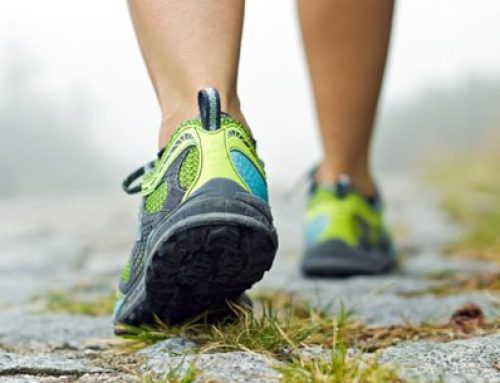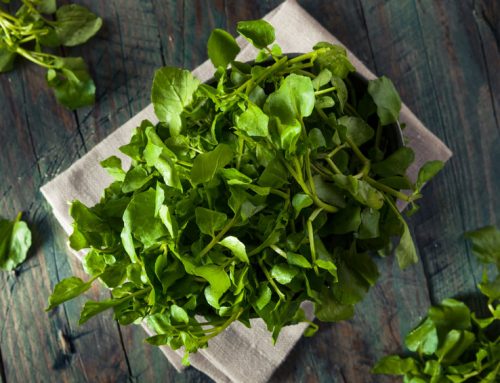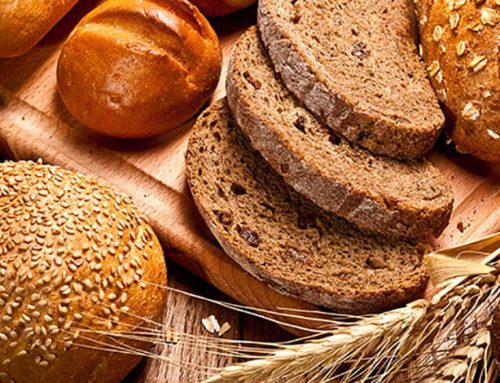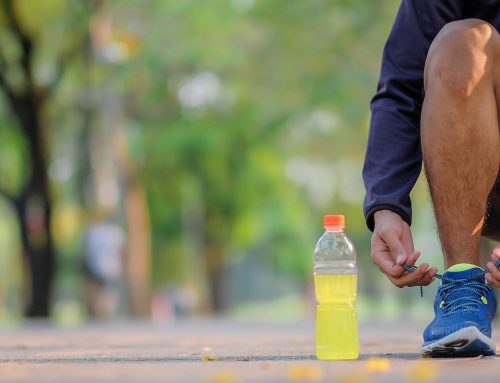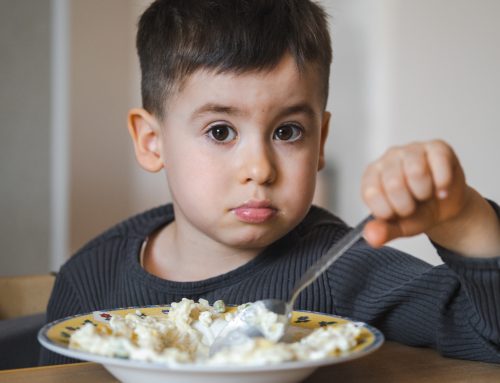Wondering how to lose weight safely? Tired of miracle diets that only work for a while and then you regain the weight? Why not finally do it the right way by eating healthy foods and learning how to live in our over-stimulated food environment?
Tips for safe weight loss from the Cleveland Clinic:
1. Find a nutritious balance
To maximize your health while losing weight, cut calories by replacing foods that don’t have much nutritional value with foods that pack a bigger nutritional punch.
For instance, opt for fewer carbohydrate-heavy snacks like pretzels or canned fruit, and choose an added portion of vegetables at each meal. For lunch and dinner, try to plan meals that are 50% vegetables, 25% carbohydrate or starch and 25% lean protein.
“This will help control calories while still eating a balanced meal and allowing for flexibility,” Pratt says. “Following a rigid, very restrictive diet will likely work temporarily, but rarely works in the long run.”
How to Lose Weight Safely by Eating Healthy Foods
The best foods for weight loss typically include a variety of fruits and vegetables, whole grains, lean proteins, healthy fats and plenty of water, Pratt says. Your body uses protein to build muscle, so protein-rich foods can help you hold on to your muscle mass as you shed pounds.
Even when you’re trying to cut calories, it’s important to meet your nutrient needs. It’s recommended your diet is made up of:
• 45% to 65% carbohydrates.
• 20% to 35% fat.
• 10% to 35% protein.
Fat contains 9 calories per gram, while carbohydrates and protein give you 4 calories per gram. So, if you follow a 2,000-calorie diet, you’d want:
• 225 to 325 grams of carbohydrates.
• 44 to 78 grams of fat.
• 50 to 175 grams of protein.
2. Manage your appetite
Hunger can often get in the way of even the best weight loss plan, and that’s normal. When you cut calories, your body cries out for more.
To better satisfy your appetite, replace processed carbohydrates that your body burns through quickly with foods that provide longer-lasting energy. Instead of muffins or sugary cereals, try eating eggs or Greek yogurt so you’re not hungry right away after breakfast. Keeping yourself full longer sets you up for less snacking and saves calories.
3. Don’t judge foods
Many of us grew up being told certain foods are “good” and other foods are “bad.” But this mindset is not helpful. When you tell yourself you can’t have certain foods, it often makes you crave them more — making weight loss even more of a battle. It also sets you up to feel guilty when you have a human moment and have some dessert.
You can replace that outdated “dieting” mindset by focusing on eating mostly healthy foods and adopting other positive lifestyle habits. Instead of feeling guilty for sometimes indulging, you can feel good about the positive steps you’re taking — while still experiencing the pleasure of food.
4. Plan meals in advance
It’s difficult to lose weight when you’re regularly overwhelmed by hunger, and you consume foods for convenience instead of nutrition. Planning and eating regular meals help you make healthier choices and keeps your appetite in check. Your healthcare provider, a nutritionist or a registered dietician can help you get personalized nutrition recommendations and assist with planning your meals.
“By establishing a daily caloric and nutrient intake, you know you’re going to be consuming foods that fit your weight loss goals,” Pratt says.
With professional support, you can also come up with an eating plan that includes foods you want to eat and a fitness plan based on your interests.
5. Drink plenty of water
You may sometimes think you’re hungry and reach for extra calories when you’re actually just thirsty. While more research is needed, water may be a great ally when it comes to weight loss.
Water helps your body flush out things it doesn’t need, such as waste or toxins, that add unwanted weight. It can also help you feel fuller.
How much water should you drink? At least eight, 8-ounce glasses (64 ounces) of water throughout the day. Sparkling water is a fun alternative, available in all kinds of flavors. Or, make your own flavor infusion by adding:
• A splash of no sugar-added fruit juice.
• A squeeze of lemon or lime.
• Pieces of fresh fruit.
6. Get regular exercise
You don’t need to do a triathlon to lose weight. But effective weight loss requires that you find ways to burn more calories than you consume. Eating is one part of the equation. Movement (exercise) is the other.
Start small, says Pratt. A minimum goal to aim for is 150 minutes each week (or 30 minutes, five days per week). You can start by walking. Add in stretching exercises to build flexibility, and strength training to boost your metabolism and keep building muscle.
“When you look at maintaining weight loss over time, it’s difficult to keep weight off once you’ve lost it,” Pratt says. “Exercising, and even increasing and changing up your exercise, is one way to help keep the weight off.”
7. Set achievable goals
Begin with small, specific goals that are realistic, then build on them. For instance, if you drink soda every day, Pratt says, a first step could be drinking it only every other day. Or if you’re not active, start taking a 10- to 15-minute walk three times a week. Concentrate on the choices you make versus the pounds you lose. Allow yourself to feel good about each positive step you take or small goal you achieve.
8. Seek support
You don’t have to go on your weight loss journey alone. Ask family members and friends for support, especially when you are feeling discouraged. If you have a friend with similar goals, try working together to help keep each other motivated and on track.
How to Lose Weight Safely and Why it Matters
Healthy weight loss means you lose about 1 to 2 pounds per week. It may sound like a small amount at first, but consider this: If you weigh 200 pounds and lose 2 pounds per week, in 10 weeks, you’ll already have lost 20 pounds. That’s 10% of the weight you started at.
Taking it slowly as you lose weight helps you maintain muscle mass and get the nutrients your body needs. Losing too much weight too quickly can lead to nutrient deficiencies (malnutrition), Pratt says. Rapid weight loss may also affect your metabolism, sending your body into conservation mode. This slows down how fast you burn calories and can actually make it harder to lose weight.
It’s important to remember that a healthy, balanced diet is only one part of successful weight loss. It’s also essential to maintain the positive lifestyle habits you establish to keep off weight.
“Think of it as just one step at a time. Focus on one thing you can do, wrap your head around that and really feel confident in making that change, then go on to the next one,” says Pratt. “Sure, it might take a bit longer, and your weight loss might be a bit slower. But in the long run, that’s where people tend to have the most success.”
Click here to learn more about how to lose weight safely.



